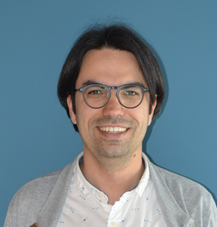
|
Maxim Dolgushev (Personal webpage )Laboratoire de Physique Théorique de la Matière Condensée, CNRS/Sorbonne Université, Paris, FranceMaxim Dolgushev is an assistant professor (maître de conférences) in the Laboratory of Theoretical Physics of the Condensed Matter of the Sorbonne University (France). He has completed his PhD in the University of Freiburg (Germany) on dynamics of hyperbranched polymers before moving to France. His current scientific interests include the first-passage phenomena and the extreme value statistics of Markovian and non-Markovian stochastic processes. |
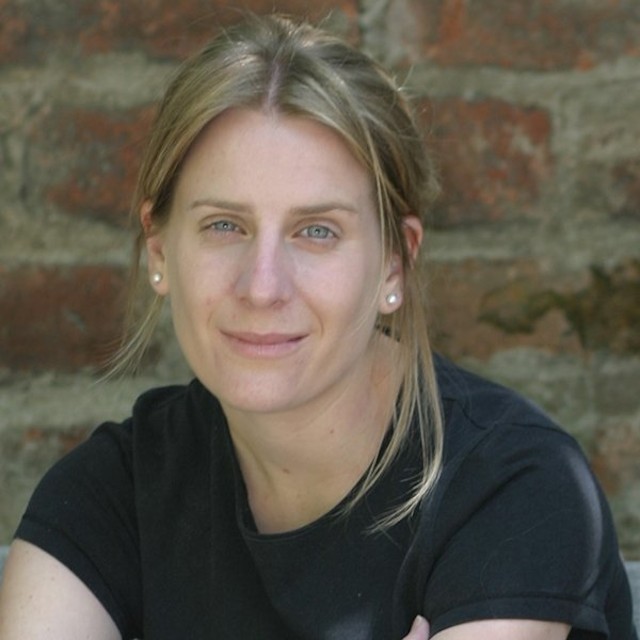
|
Maria R. D’Orsogna (Personal webpage)California State University, Northridge, USAMaria R. D'Orsogna is a professor of Mathematics at the California State University at Northridge, and of Computational Medicine at UCLA. She received her PhD in Theoretical Physics from UCLA in 2003. Her scientific interests cover a wide range of topics within the social sciences and biology that she studies using tools from statistical mechanics, quantitative modeling, and data analysis. Her current interests include modeling psychiatric diseases such as PTSD, major depressive disorders, drug addiction, transport phenomena at the cellular level and collective decision making. She is the author of more than 70 papers and served as the Associate Director of the Institute for Pure and Applied Math at UCLA from 2018 to 2021. Her work is supported by the NSF and the Army Research Office. |
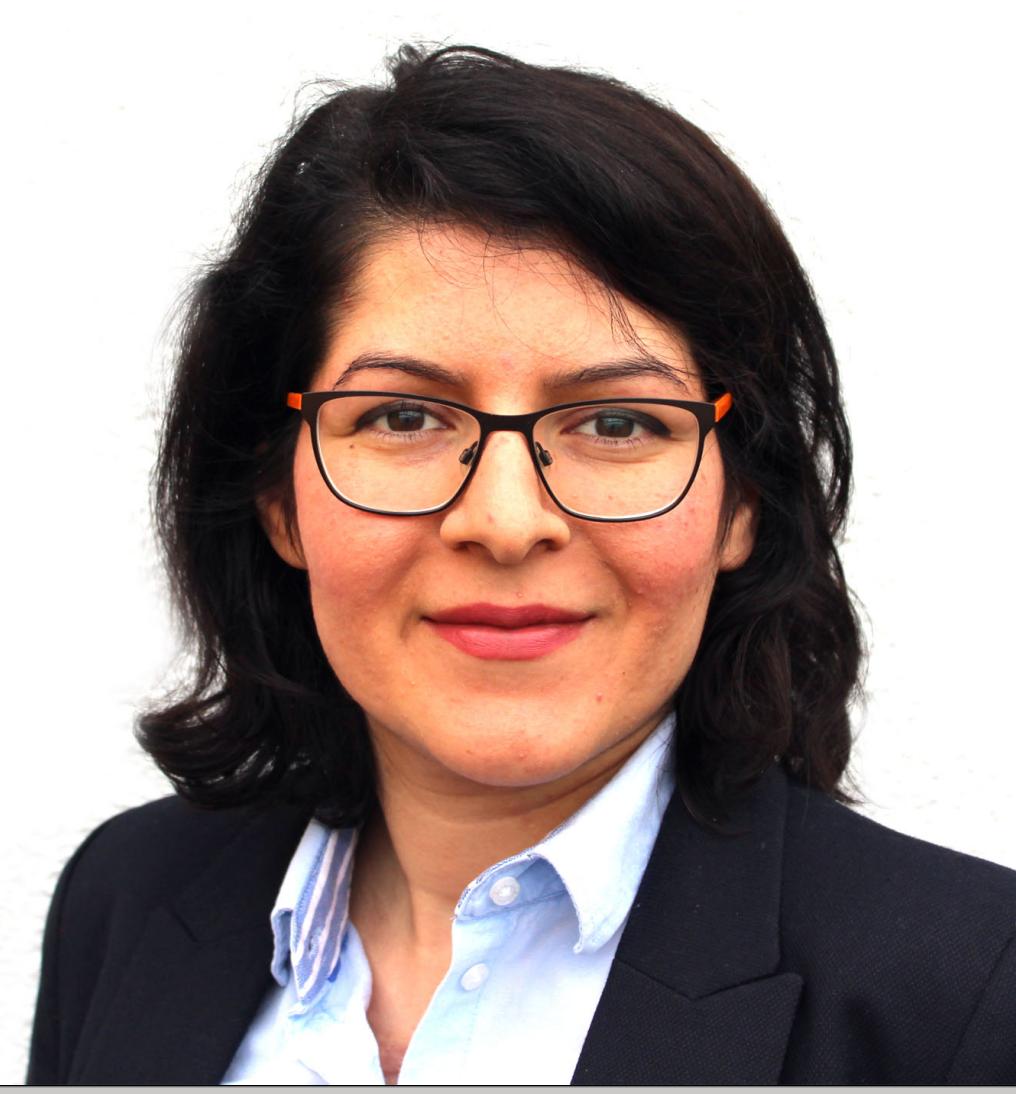
|
Fariba Karimi (Personal webpage)Graz University of Technology, Graz, AustriaFariba Karimi is a network scientist who develops mathematical and computational models to study inequalities in socio-technical networks and algorithms. She is currently a full professor of Data Science at the Graz University of Technology. She also leads "Network Inequality" group at Complexity Science Hub Vienna. In 2023, she received the Young Scientist Award from the German Physical Society for her contribution in modeling minorities and inequalities in networks. |
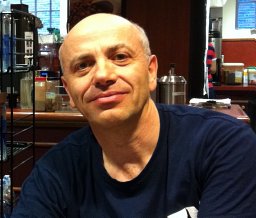
|
Pavel Krapivsky (Personal webpage)Department of Physics, Boston University, Boston and Santa Fe Institute, Santa Fe, USAPavel Krapivsky is a research professor at Boston University and an external faculty at the Santa Fe Institute, studying strongly interacting many-particle systems - the goal is to understand collective behaviors that emerge when a macroscopically large number of strongly interacting particles move according to simple stochastic rules. Aggregation, adsorption, fragmentation, the kinetics of disordered systems, jamming, zero-temperature dynamics, and other irreversible processes are some of the processes. He applies concepts and techniques developed in non-equilibrium statistical physics and probability theory to social and biological networks, molecular motors, the dynamics of open quantum systems, the collective behaviors of quantum systems, and large deviations in lattice gases. |
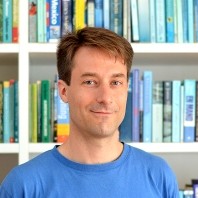
|
Diego Rybski (Personal webpage)Leibniz Institute of Ecological Urban and Regional Development (IOER), Dresden, Germany and Complexity Science Hub Vienna(CSH), Vienna, AustriaDiego Rybski is a research associate at the Leibniz Institute of Ecological Urban and Regional Development (IOER) in Dresden. In addition, he is external faculty in the Complexity Science Hub in Vienna and a section editor at PLoS One (Urban Studies). Most recently, he was admitted to the Heisenberg-Program (German Research Foundation, DFG). Diego holds a PhD in Physics from Justus-Liebig-Universitat Giessen (Germany). He was a visiting scholar at Bar-Ilan University (Israel) and a Postdoctoral Fellow at the City College of New York (CCNY). Between 2019 and 2021, he was a Feodor Lynen Research Fellow of the Alexander von Humboldt Foundation at the Department of Environmental Science, Policy, and Management at the University of California, Berkeley. His research focuses on cities and urban systems - specifically, on cities as complex systems, cities and climate change (mitigation/adaptation), and urban climate and the urban heat island effect. |
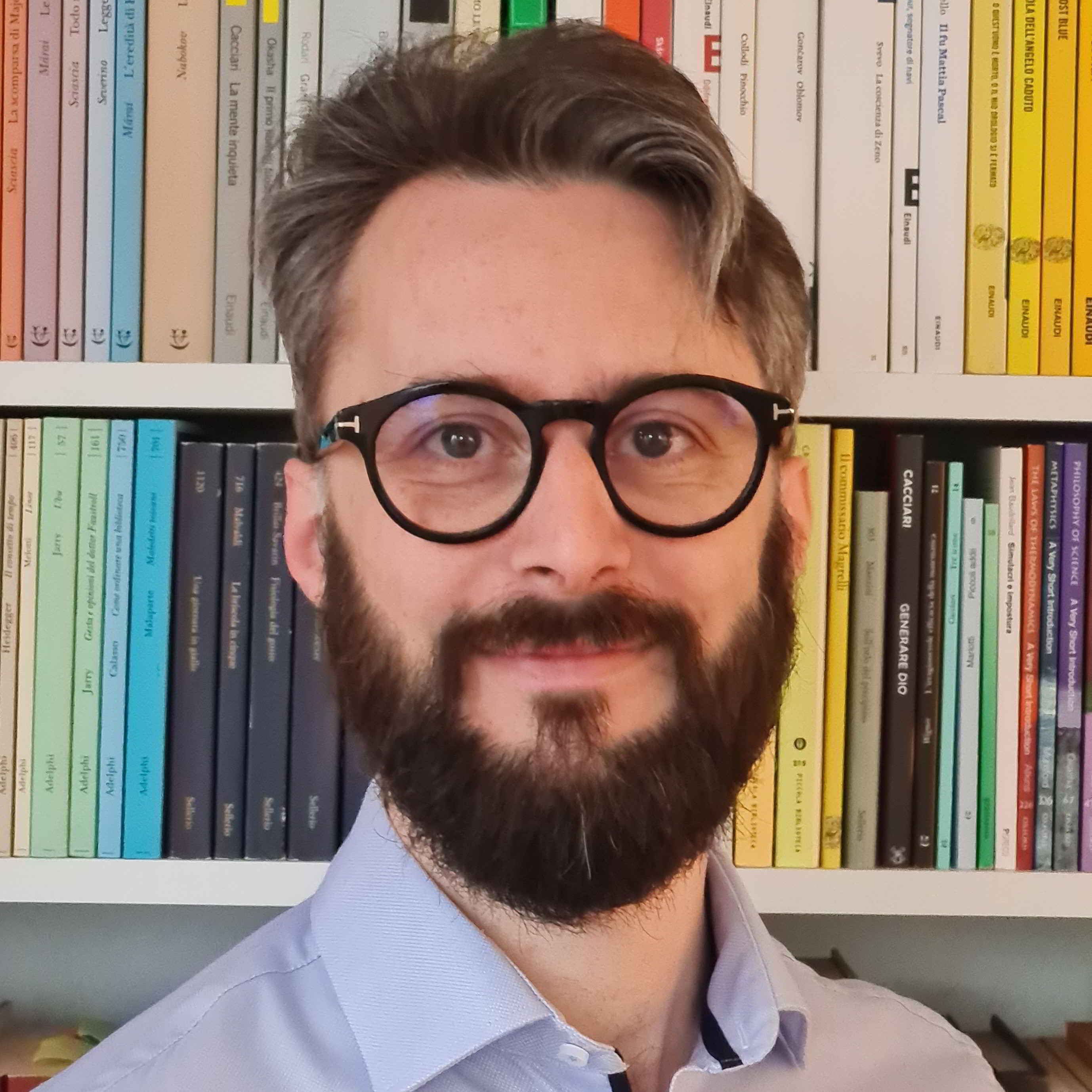
|
Alessio Squarcini (Personal webpage)Institute for Theoretical Physics, Innsbruck University, Innsbruck, AustriaBorn in Tuscany in 1985, Alessio Squarcini completed his PhD (2015) in Statistical Physics at SISSA - International School for Advanced Studies, Trieste (Italy). Alessio is currently a Lise-Meitner fellow at the Institute for Theoretical Physics at the University of Innsbruck. Prior to this position, he worked from 2015 to 2022 as a Research Scientist in the department “Theory of Inhomogeneous Condensed Matter" at the Max-Planck Institute for Intelligent Systems, Stuttgart (Germany). His scientific interests are crossdisciplinary and comprise the study of:
|